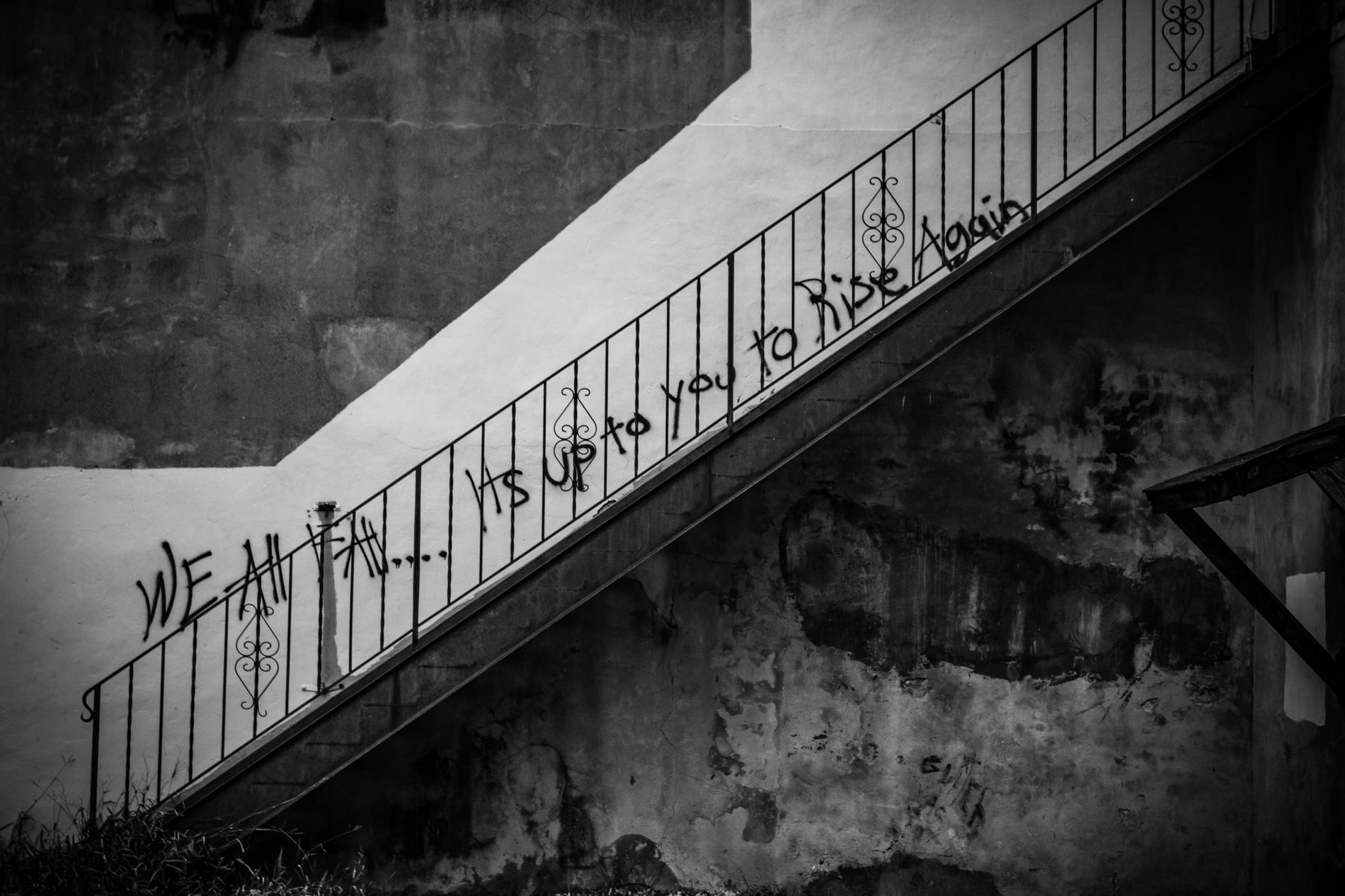
Simone
Oct. 13, 2017, 7:41 p.m.

When my grandmother was 80 years old, she was a ‘quit smoking’ expert - she quit more times than most people have cooked lunches. She eventually quit and lived to the ripe old age of 98 - a prime example of never quitting.
I’m 51 years young and have struggled with disordered eating for the majority of my life's years. For the past five, I’ve fallen back into full strength bulimia - not my proudest achievement. I’ve had incredibly dark moments and have, most certainly, sunk to the mythical “rock bottom”. Yet here I am -
staring at 52 and no closer to recovery.
I’m a recovery expert. I know more tips, tricks, tools, resources and strategies than most eating disorder specialists. Yet still I wonder what on earth will it take to put into practice all the knowledge I have so desperately accrued?
There's a lot of information on how to recover, but little on why. Why should I recover? What’s in it for me? My behaviours offer me a perceived benefit. Why do I cling to an eating disorder as though my life depended on it? Because it feels like my life depends on it. Today was stressful. I raced from the office to the nearest café and slipped back into the familiar. Why? It calms me. A saintly little voice sits on my shoulder yelling Stop!
Sit with emotions, this too shall pass, here’s 1001 handy hints on managing emotions during a crisis. I still went for the path of least resistance and did what made me feel better. Which brings me to my very laboured point. What makes somebody change behaviour - be it recovery from disordered eating or addiction, learning to manage anger, anxiety, trauma, or any of the myriad issues we humans face? Why do some people change? And why am I seemingly incapable - despite desire and knowledge?
I’d love to bless you with the magic formula - I truly would - but I don’t have it. After much reading, listening and researching however, I’ve found two common denominators, that really resonate with me, in those who maintain recovery.
One. Have a desire to live. Really live. Many people don’t battle suicidal ideation, but I certainly plummeted to those depths and have struggled to visualise a desirable future. It’s essential I desire life - not just for life’s sake, but for the joy of living. Feeling purposeful and fulfilled. Having meaningful connections with family and friends. Life needs meaning. Without meaning, what is life?
Two. Stop worrying about body image. This is crucial. My body size and shape shouldn't matter because if I want freedom from the shackles of disordered eating, I must eat for health, nutrition and longevity. And not for fun or to feel numb. I have to eat. I need a relationship with my body similar to a toddler - it’s a body. It just is. Look after it, acknowledge it, be good to it. Don’t judge it. Essential human worth is not about physical appearance.
Two simple steps. Just two. We all have bodies to love, care for, and nourish, but we are not a body. You are you. I am me. We deserve a life blessed with love and laughter and little moments of peace. And just like grandma, I will never - ever - give up on recovery.
Author's Bio
Simone worked in the performing arts for over three decades as a flautist and teacher. Coinciding with a midlife crisis and period of significant emotional trauma, she completed a Masters in Journalism, specialising in editing, and is now putting her organisational superpowers to good use, working in administration and office management. Mum to three gorgeous young men, wife to one devoted husband, and carer to one life-saving Burmese cat, writing has become Simone's most powerful recovery tool, and she is now pursuing this passion, hoping to complete her first book in 2018.

May 15, 2018, 9:35 a.m.